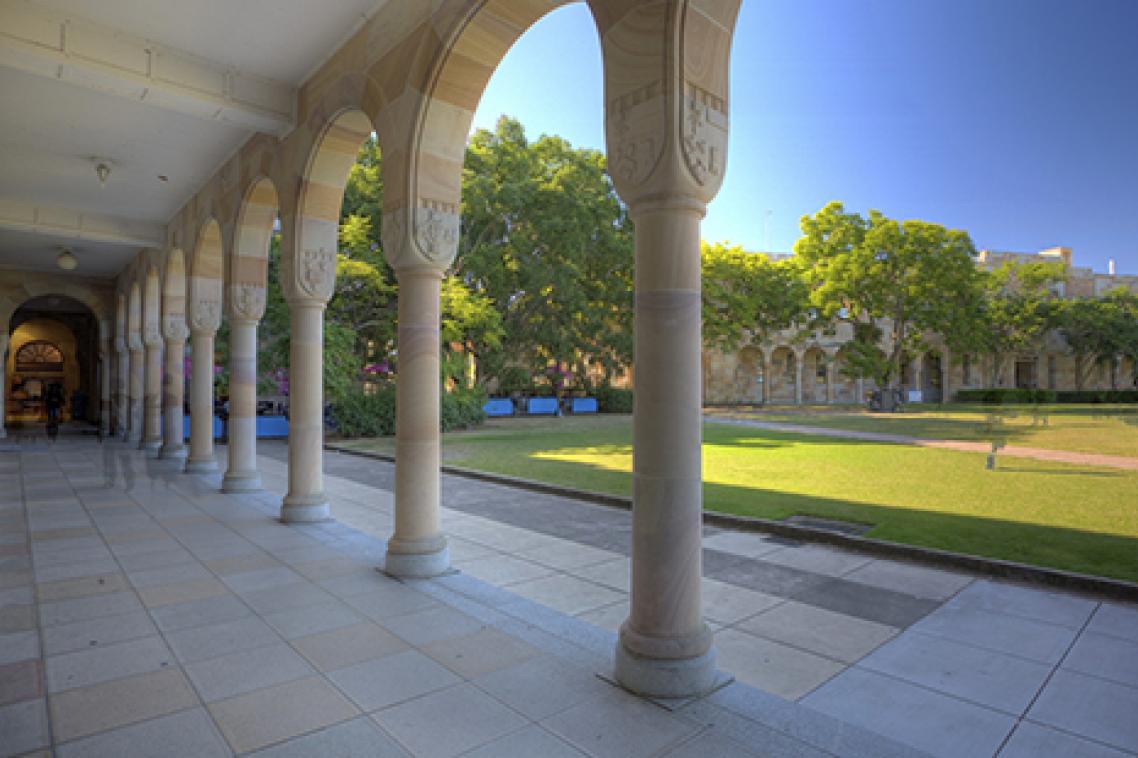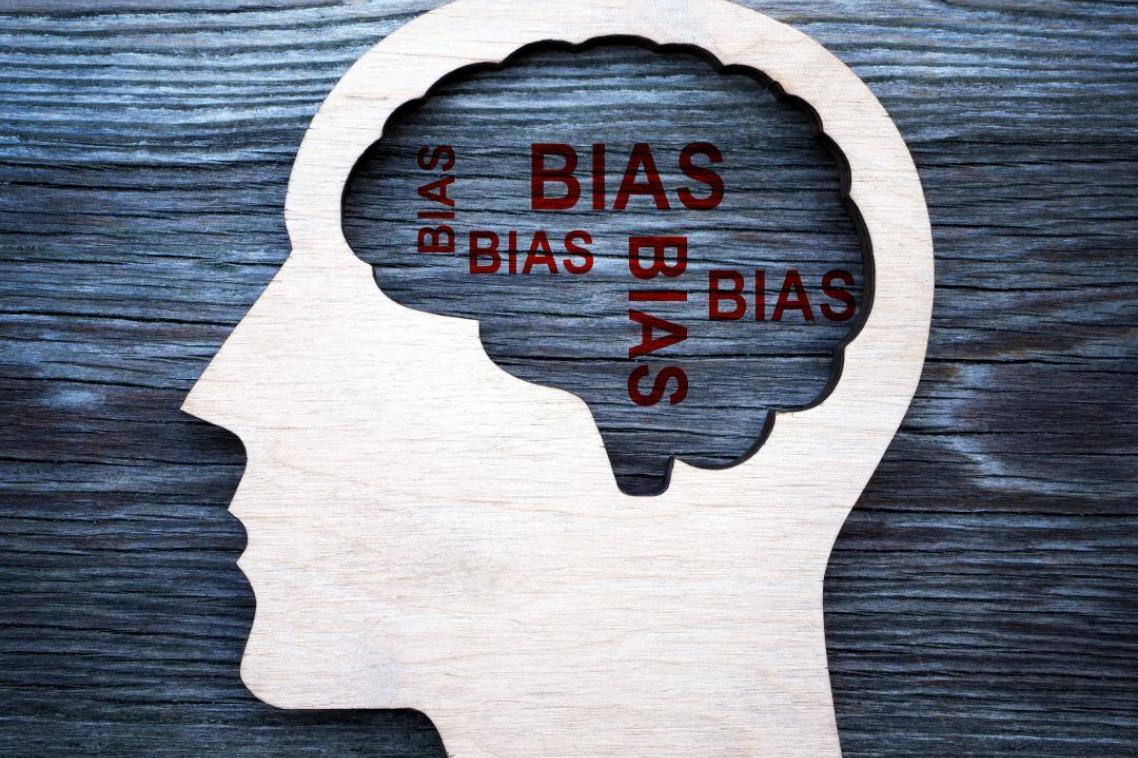What drives us to be anonymous online

(Photo credit: Adobe. )
University of Queensland researchers have found there are two key reasons people choose to be anonymous online – self-expression or toxic behaviour.
A team led by PhD candidate Lewis Nitschinsk from UQ’s School of Psychology collected data from more than 1,300 participants across the globe via an online survey and daily diary, where they tracked their online behaviour over a week.
“Our study specifically looked at what people do online when they’re anonymous, as opposed to when they make themselves identifiable,” Mr Nitschinsk said.
“We wanted to understand who seeks out anonymous online environments, why they do it and what they hope to achieve.
"We found some participants engaged in behaviours such as chatting with other people or building relationships, reflecting a motive of self-expression.
“These are people who may feel self-conscious or socially anxious in the real word, so being anonymous online may make them feel less vulnerable.”
The researchers found other users engaged in antisocial interactions such as trolling or cyberbullying.
“When people are anonymous, they are often unaccountable for their actions which may amplify these antisocial behaviours,” Mr Nitschinsk said.
“These so-called ‘keyboard warriors’ appear to be motivated by toxic behaviour.”
Mr Nitschinsk said previous research has shown people behave differently when anonymous online because they feel free of social constraints.
“Our research further showed individuals who opted for online anonymity struggled with a clear sense of identity,” he said.
“But a key difference was the people motivated by self-expression were more likely to be self-conscious and socially anxious, whereas those motivated by toxic behaviour were more likely to exhibit sadistic or psychopathic tendencies.”
Mr Nitschinsk said the results help understand the complexities of how people interact online.
“Learning about different motivations means we can be better informed about potential benefits and risks of being anonymous online, and interacting with other anonymous people in online communities,” he said.
“The next stage of our research is to understand how seeking anonymity is associated with one’s wellbeing and how anonymous online behaviour differs across cultures.”
The research is published in Society for Personality and Social Psychology.
Related articles

UQ researchers and partners secure $3m in CRC-P grants

Change my mind: study finds it’s possible to teach students good decision-making
Media contact
UQ Communications
communications@uq.edu.au
+61 429 056 139
